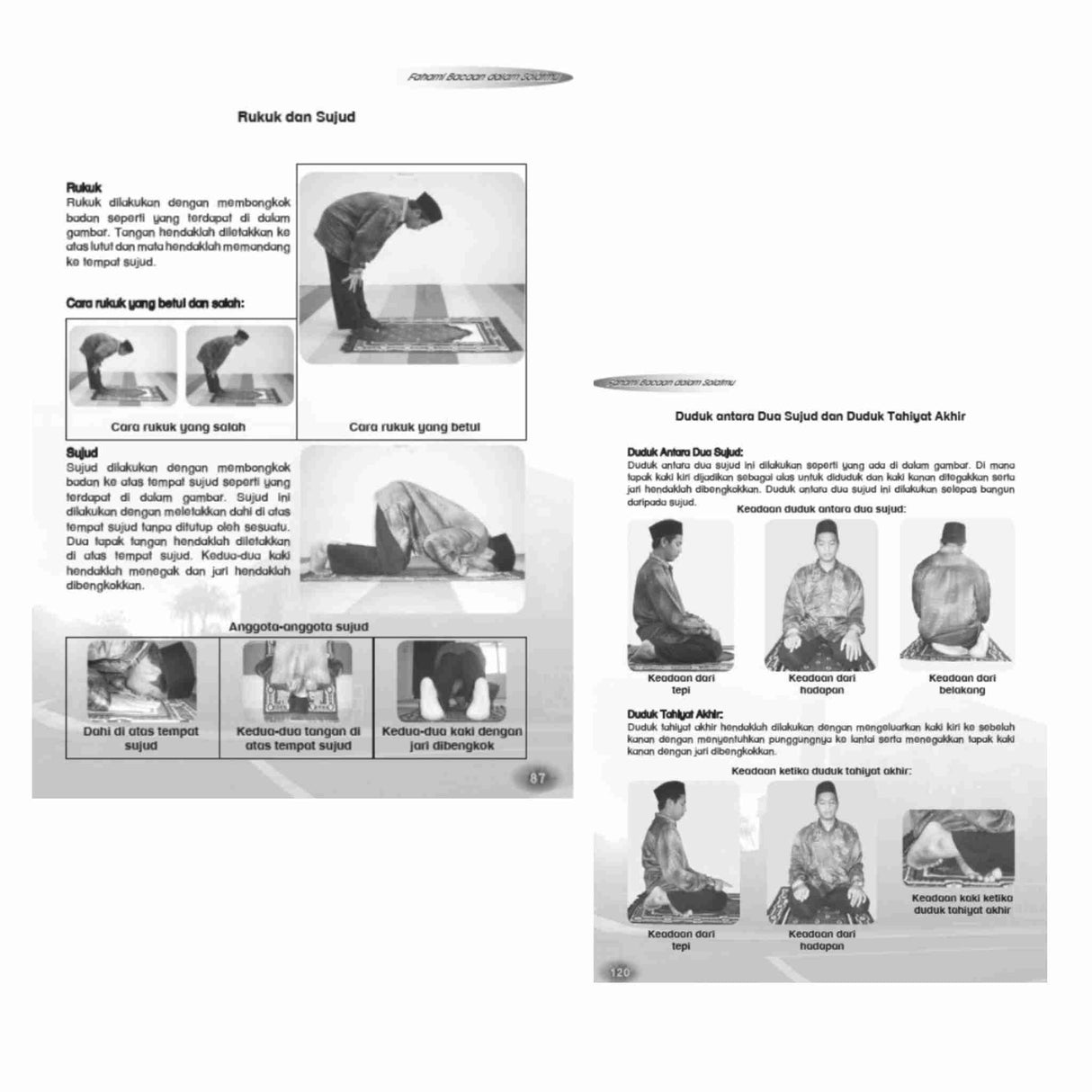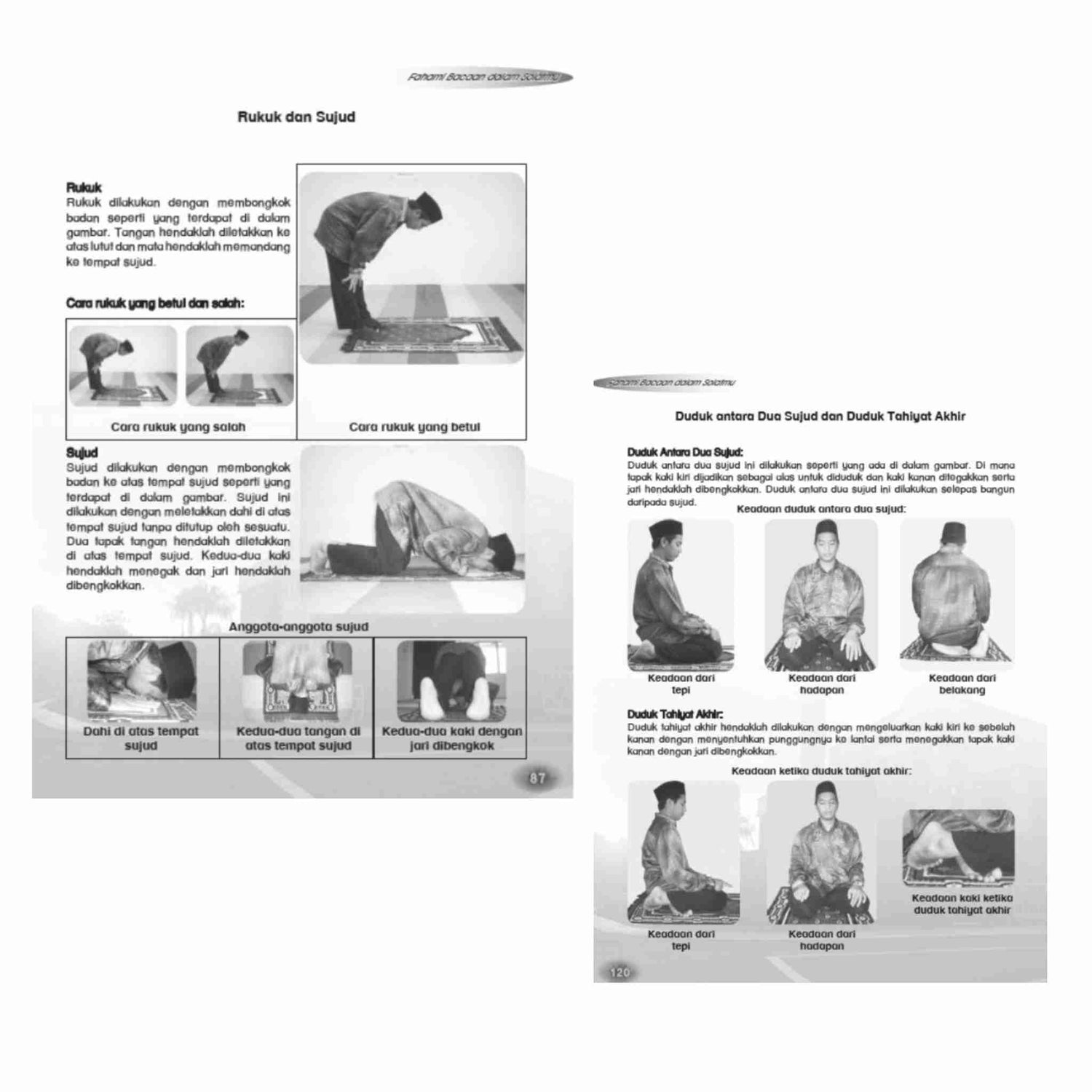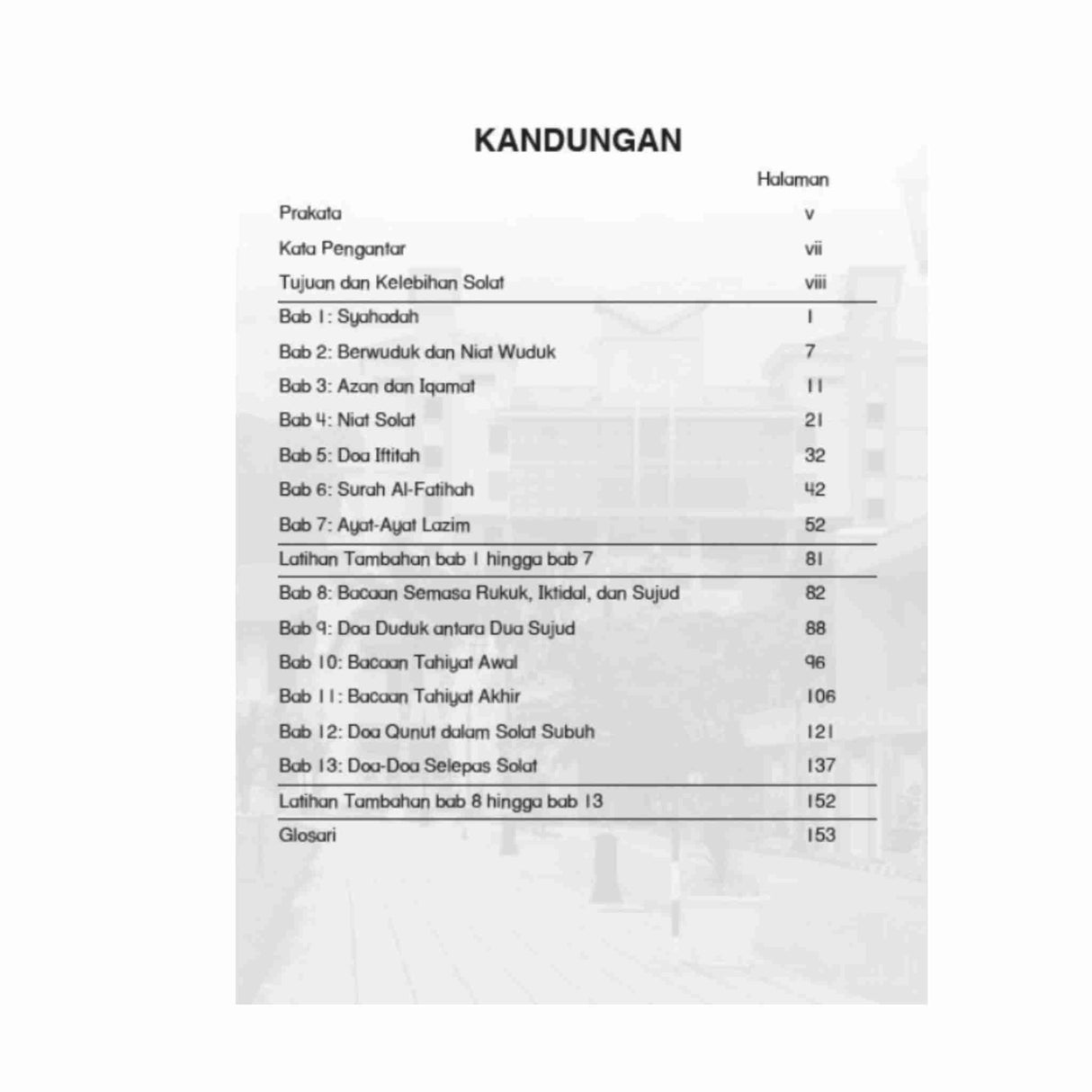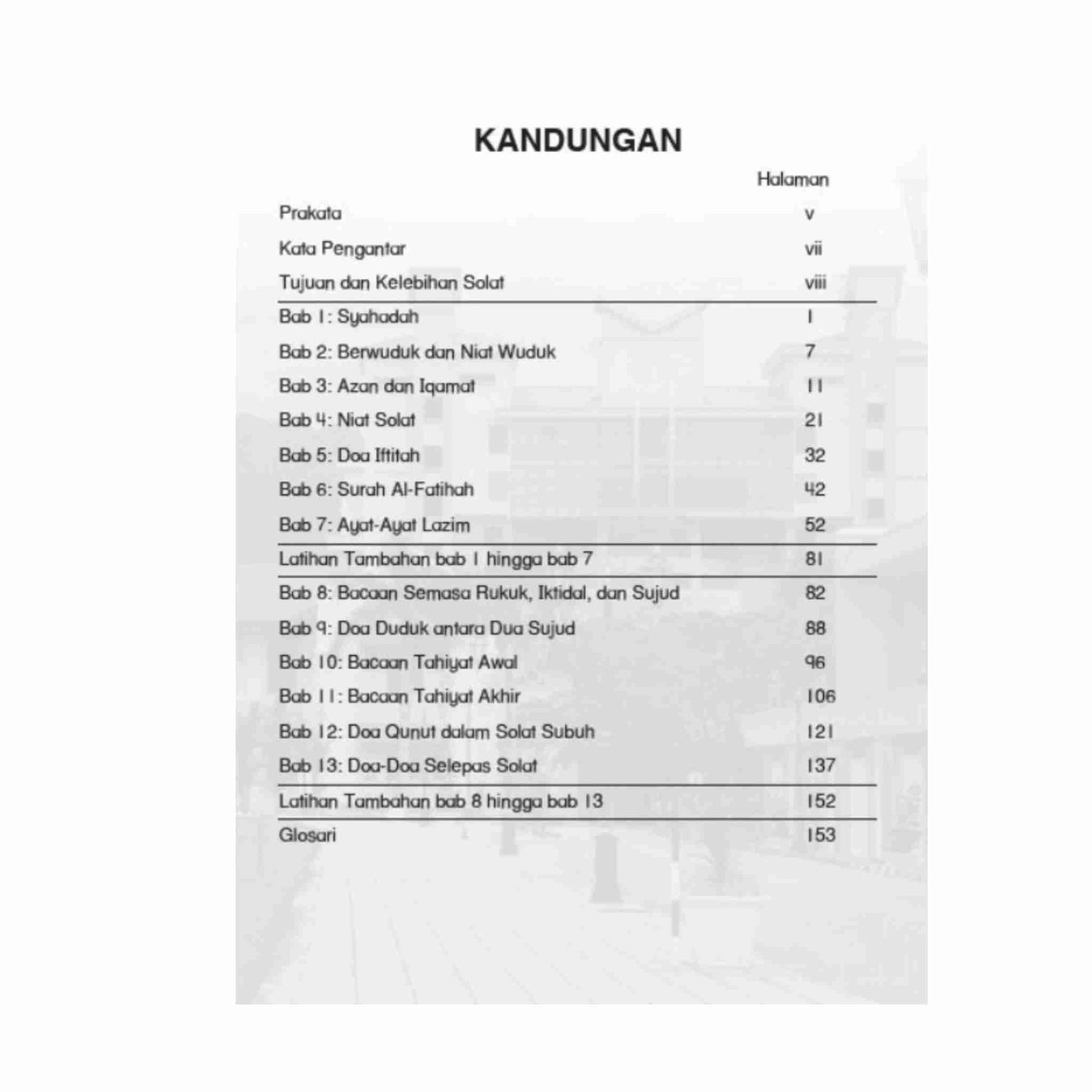Abraham: Delivered All Religious Duties of Islam
Key Takeaways:
-
Exemplary Leadership: The verses portray righteous individuals as guides who lead by example, upholding the commandments of Allah (SWT) and inspiring others through their devotion.
-
Holistic Practice: The Quran emphasizes the comprehensive nature of Islam, encompassing not only acts of worship like Salah (prayer) and Zakat (charity), but also upholding justice, advocating righteousness, and forbidding evil.
-
Divine Guidance: The righteous leaders described in these verses are characterized by their unwavering trust in Allah (SWT), seeking His guidance in all matters and striving to implement His will on earth.
The verses (Surah Anbaya 21:73, Surah Al Hajj 22:35,22:41) highlight the exemplary qualities of those who are devoted to God. It emphasizes that these individuals were made imams who guided in accordance with God's commandments. They were taught how to work righteousness and were dedicated worshipers. Their hearts tremble upon mentioning God, they steadfastly persevere during adversity, observe the Prayers (Salah), and give to charity from the provisions provided by God.
Furthermore, it suggests that if these individuals were appointed as rulers on earth, they would establish the Prayers and the obligatory charity, advocate righteousness, and forbid evil. This underscores the integral connection between faith, worship, and ethical conduct in Islam. It portrays a comprehensive understanding of Islam that encompasses both ritual practices, such as Salah and Zakat, and moral conduct in the pursuit of righteousness.
-
Surah Anbiya (21:73): Explains the qualities of those chosen as imams, emphasizing their dedication to prayer, righteousness, and unwavering faith.
-
Surah Al-Hajj (22:35, 22:41): Discusses how these verses underscore the importance of upholding moral principles, advocating for good, and discouraging evil alongside religious practices.
Abraham's Exemplary Character
-
A Model for Muslims: Highlights how Prophet Abraham (AS) embodies the qualities described in these verses, serving as an inspiration for believers.
-
Upholding Faith and Morality: Discuss how Abraham's dedication to prayer, charity, and justice serves as a model for living a righteous life.
Expand your knowledge and understanding of Salah by exploring the insights offered in our 33 dedicated articles that delve into various verses from the Quran.
Explore our collection of articles that delve into the teachings and practices of Zakat, highlighting its role in fostering social well-being and spiritual purification.
Discover the profound meanings within your prayers and strengthen your connection during Salah with the insightful guide Fahami Bacaan Dalam Solatmu.
Frequently Asked Questions:
Q: Who are the righteous individuals described in these verses?
A: While the verses don't specifically name individuals, they refer to those who are deeply devoted to God and embody the qualities of righteous leadership.
Q: How can we follow the example of these righteous leaders in our own lives?
A: Strive to deepen your faith, pray regularly, give to charity, uphold moral values, and speak out against injustice.
Q: What is the significance of both prayer and charity being mentioned together in these verses?
A: This emphasizes the holistic nature of Islam, where personal devotion through prayer is linked with social responsibility through charity.
Q: How does Prophet Abraham (AS) embody the qualities described in these verses?
A: Abraham's unwavering faith, dedication to prayer, generosity, and commitment to justice exemplify the characteristics of a righteous leader.
Q: What can we learn from the example of these righteous individuals?
A: Their lives teach us the importance of aligning our actions with our faith, striving for moral excellence, and working towards creating a just and compassionate society.

















